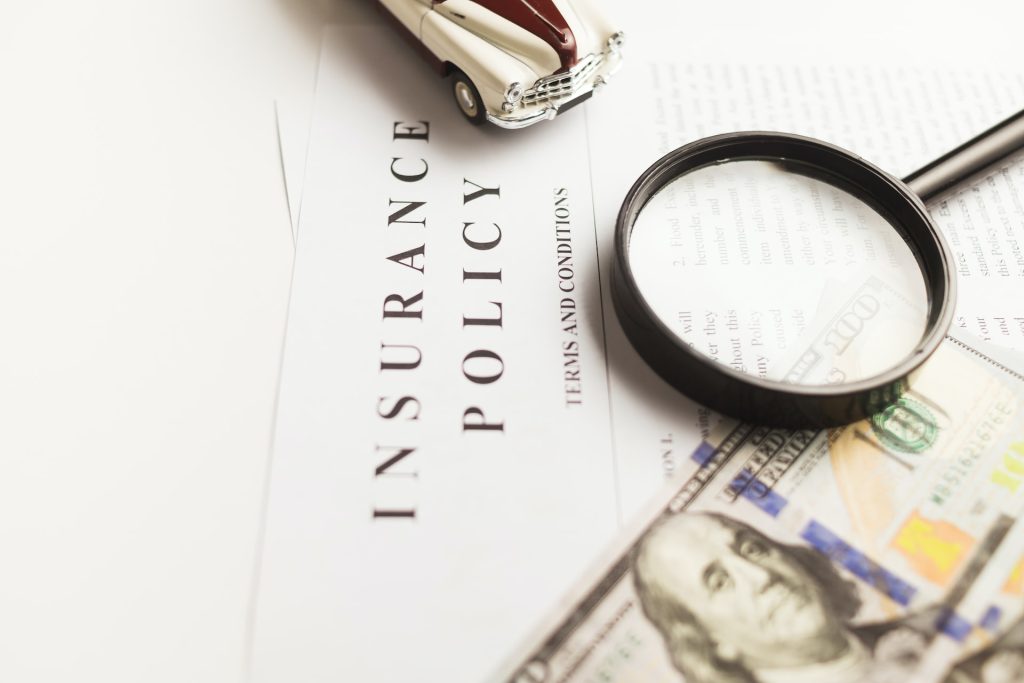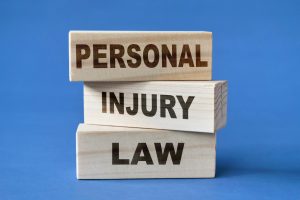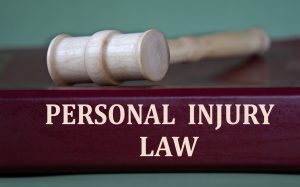You have a legal right to claim compensation for damages. However, determining personal injury settlement values can be tricky due to the number of factors you have to account for. While different cases can vary depending on specific circumstances, several cross-cutting factors can increase or decrease the potential settlement amount.
1 - Legal Responsibility and Liability In the Accident
If the other party is responsible for the accident, you are entitled to claim the total compensation for the damages. However, if you share part of the liability in the crash, your financial settlement can be lower. Some states use the modified comparative fault to establish liability in accidents.
Ideally, you can't seek compensation if your liability in the accident is more than half, but if you are less than 50% liable for the accident, you can claim compensation, though your liability level will reduce the settlement amount. For instance, if you are 25% liable for a crash and your damages are $100,000, you can only recover up to $75,000 of the damages.
2 - Available Evidence and Your Statements After the Accident
Personal injury claims depend on available evidence to support settlement value and level of liability in the accident. The accident victim may not get sufficient compensation if the evidence is insufficient.
Your statements after the accident can affect your propensity to get the optimum compensation. You must be careful whether you're talking to the driver or an insurance representative. In your conversation with the insurance rep, you shouldn't say anything that might imply you share responsibility for the crash. While statements like "I’m fine" are a way of showing politeness, insurance adjusters can turn them against you. Similarly, you shouldn't provide a written or recorded account of events.
Instead, it's prudent to talk with a reputable personal injury lawyer before engaging other parties. This is because insurance professionals have a way of twisting your words when soliciting comments and statements that can work against your settlement claim. Always ensure you have reliable legal representation before communicating with insurance representatives.
3 - The severity of Injuries and Trauma
The type and severity of injuries often differ depending on the situation, but it's a critical determining factor in the possible amount you can get in the settlement claim. Injuries with higher severity often lead to a large compensation.
Typically, you are entitled to a higher settlement amount when you suffer a traumatic brain injury than when you break your leg and recover. Minor injuries shouldn't dissuade you from seeking compensation, as long as another person caused the accident.
Some accidents can lead to severe emotional and mental trauma, which is often challenging to quantify. For example, let’s say you can prove the accident led to mental or emotional distress. In that case, attorneys will use a multiplier factor to ensure you get a higher compensation to account for non-economic loss.
Endnote
Accidents happen when you least expect them, leaving you with severe personal injuries. Filing a settlement claim is a vital step toward recovery. If you're in this situation, make sure you have an excellent personal injury lawyer to help you establish the actual amount for your settlement claim.





















